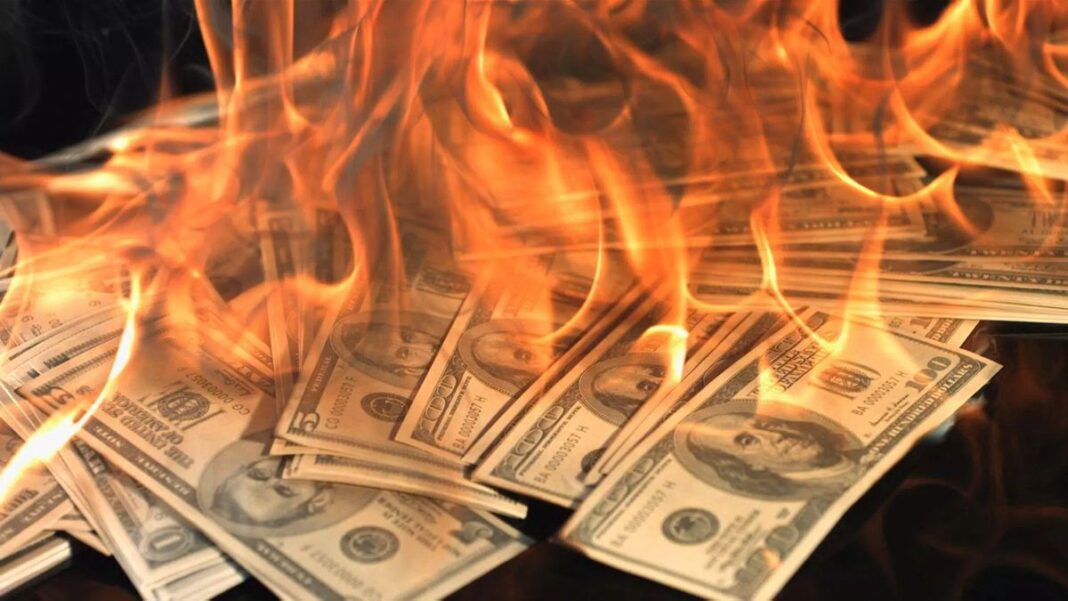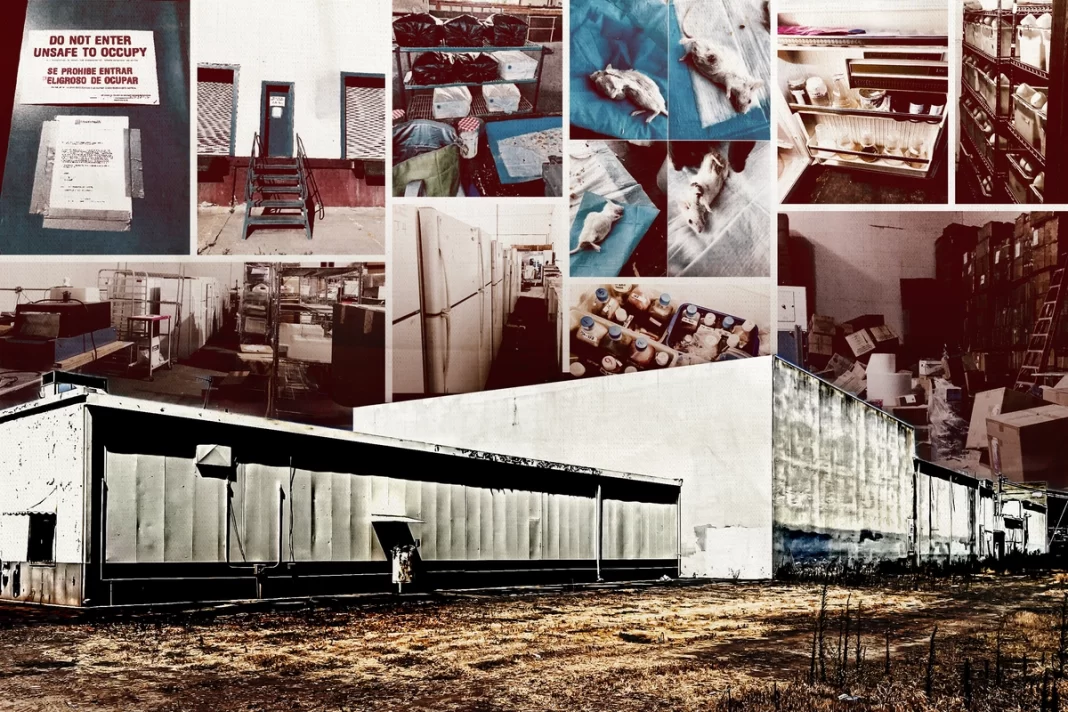
Treasury bond investors have been taking a historic beating.
Stung by historic losses in recent years, long-term bond investors are showing a diminishing desire to lend to the U.S. government. Or maybe it’s just that the government is trying to borrow too damn much. Even in the congressional chamber controlled by Republicans, the leadership debate revolves around how many spending expansions the next speaker will jam into another debt-fueled bill. Interest-rate math hasn’t yet intruded into politics even though it has already meted out severe punishment in the markets. Investors are now demanding more compensation in return for financing Washington’s historic fiscal recklessness. The Journal reports:
The benchmark 10-year U.S. Treasury yield topped 4.9% intraday Wednesday for the first time since July 2007.
The Journal’s Sam Goldfarb notes:
In recent months, the Treasury Department has both increased its borrowing forecasts and boosted the size of its longer-term debt auctions by more than investors had been expecting.
During the unprecedented monetary adventures following the mortgage crisis of 2008, the U.S. and other governments around the world drove interest rates down to near zero. They managed this feat in part by having their own central banks buy up government debt issued at such rock-bottom rates—and also by using regulation to encourage large institutions to buy this paper.
Some overseas locales even embraced the insanity of negative interest rates, in which bond investors had to pay government borrowers for the privilege of loaning them money. In 2016 James Grant of the indispensable Grant’s Interest Rate Observer noted that such a situation had not previously occurred in all of recorded history.
At the time, your humble correspondent called it the “5,000-Year Government Debt Bubble” but now vindication is not much fun when pondering the dangers of the current moment. The massive debt piles accumulated while governments were artificially holding interest rates at or below rock bottom are quickly becoming much harder to bear.







